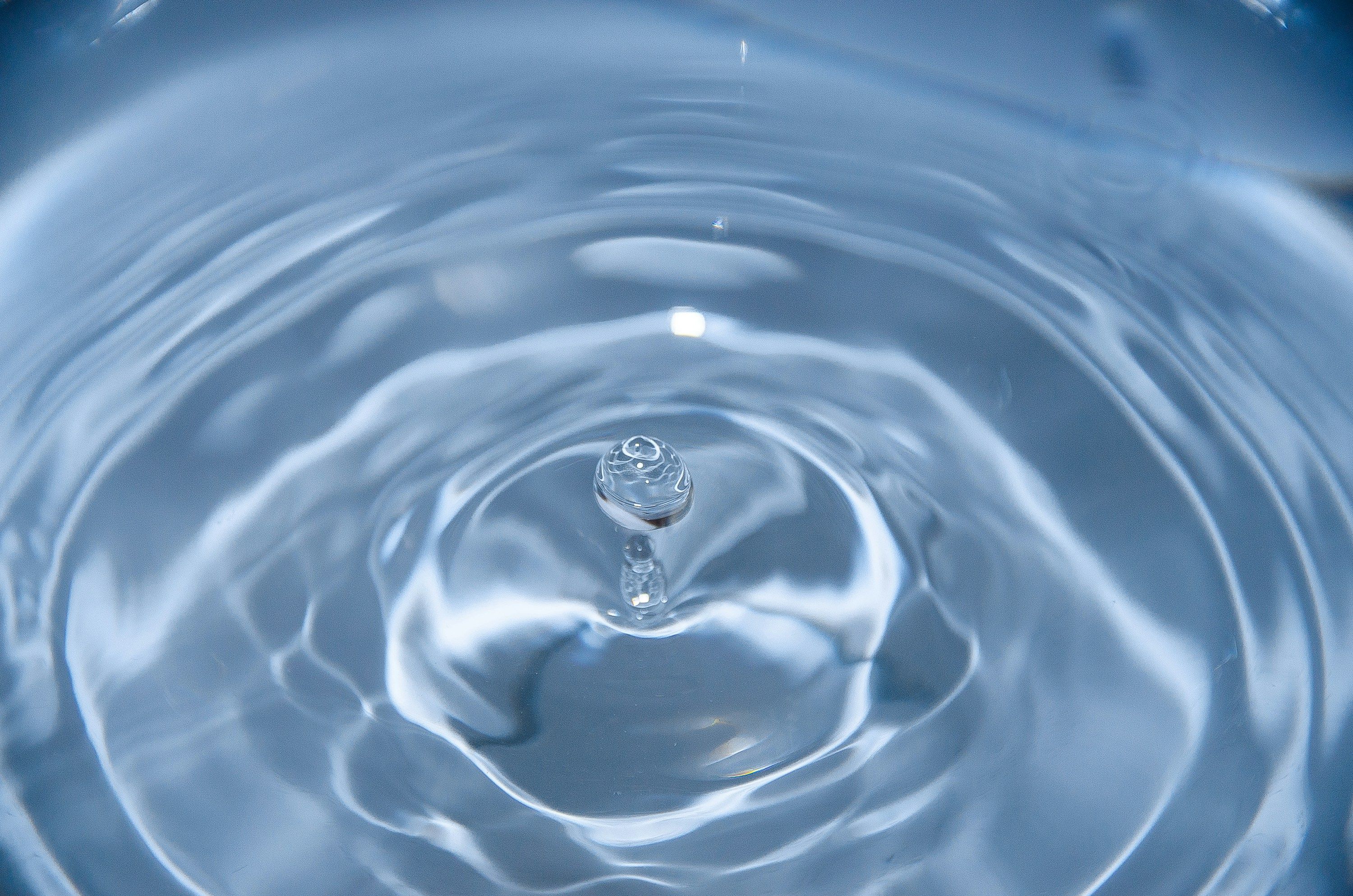What is Mineralization?
Mineralization is the process by which minerals are deposited in the body's tissues. It is essential for the development and maintenance of healthy bones and teeth. This process also plays a crucial role in water treatment and environmental health.

Importance of Mineralization in Water Treatment
In water treatment, mineralization refers to the addition of essential minerals to purified water. This process is vital for improving the taste and quality of drinking water. Reverse osmosis water systems, for example, often remove minerals along with contaminants. Adding minerals back into the water ensures that it is not only safe but also beneficial for health.
Benefits of Mineralized Water
- Improved Taste: Mineralized water has a better taste compared to demineralized water. This is important for both drinking water and in food preparation.
- Health Benefits: Minerals such as calcium and magnesium are essential for health. They support bone health, cardiovascular function, and overall well-being.
- Environmental Health: Proper mineralization processes can help reduce the environmental impact of water treatment systems. It ensures that water is safe and beneficial for human consumption without causing harm to the environment.
Mineralization in Environmental Health Perspectives
Environmental health perspectives emphasize the importance of mineralization in maintaining public health. By ensuring that water supplies contain essential minerals, we can mitigate health risks associated with demineralized water. This is particularly important in areas where water quality is compromised by contaminants such as PFAS (per- and polyfluoroalkyl substances) and microplastics.
Addressing Contaminants
Contaminants like PFAS and microplastics are a significant concern in water systems. These harmful chemicals can have long-lasting effects on human health. Mineralization, combined with advanced filtration methods like reverse osmosis, helps in reducing the presence of these contaminants.
- PFAS Removal: Water filters that remove PFAS are crucial. These filters ensure that harmful chemicals are not present in drinking water. (EPA)
- Microplastics Filtration: Microplastics in water can be effectively filtered out using advanced systems. This process, coupled with mineralization, ensures safe and clean drinking water.
Achieving Optimal Mineralization
Achieving optimal mineralization involves using the right water treatment systems. Products like Bluewater’s KitchenStation 1™ provide effective solutions for home water filtration. These systems incorporate mineralization processes to ensure that the water you consume is both safe and beneficial.
Features of KitchenStation 1™
- Reverse Osmosis Filtration: Removes contaminants while retaining essential minerals.
- Mineralization: Adds essential minerals back into the water, enhancing its health benefits.
- User-Friendly: Easy installation and maintenance, making it suitable for household use.
Conclusion
Mineralization is a critical aspect of both human health and environmental protection. It ensures that drinking water is not only free from harmful contaminants but also rich in essential minerals. Using advanced water treatment systems that incorporate mineralization can significantly improve the quality and safety of your water supply.
By understanding and implementing effective mineralization processes, we can enhance public health and ensure sustainable water management practices.
For more information about the Kitchen Station 1™ and other Bluewater products, visit our website or contact us at sales@bluewatergroup.com.


